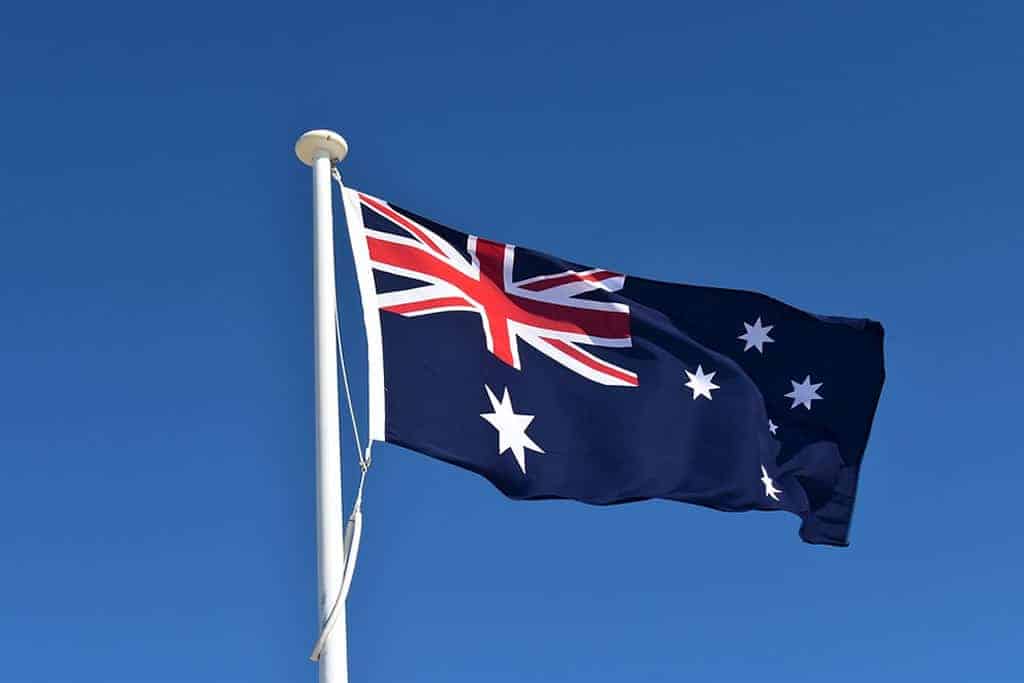
Australia may not climb the zero emission Bandwagon
Last updated on February 28th, 2023 at 07:45 am
Australia has no intentions of increasing its targets to include a zero emission rate commitment, unlike some 121 nations that have already done so, according to an official statement made by the hosting country Britain in February over a climate meeting. This could also be due to the prolonged coronavirus led lockdown that has hit their economy in a big way.
According to environmentalist, Australia’s commitment to global emission rates is not enough to meet the world standards of minimal emissions and also does not adhere to the goals send down in the Paris Agreement.
The government received advice in 2015 from the Climate Change Authority that its fair share under a meaningful global deal over that time would be a 45% to 63% cut. But somehow, the parliament is not interested in lowering its emission rates and come to a figure of general consensus.
According to Mark Butler, Labor’s Climate Change and Energy spokesperson, the Morrison government should work towards a zero emission target. Setting a target help frame appropriate policy decisions and give investors confidence too. But he feels that the Morrison government isn’t serious about the kind of damage that not lowering emission rates would do to the overall public life.
The Australian government doesn’t believe everyone has climbed the zero emission bandwagon. It says it is committed to lowering its emissions though. The Morrison government has further, promised a long-term emissions reduction strategy. It intends to hold onto it, like a trump card and will only release it before the Glasgow meeting that has been postponed due to the pandemic. It also has communicated that Australia will work according to a well defined technology investment roadmap.
This includes small modular nuclear reactors that will be brought into play to meet Australia’s energy needs.
Ironically, this stand is different from what the Morrison government had communicated in 2019 at the Pacific Island Forum about Australia’s plans to include commitments and strategies to reach net zero by 2050, which now stands that this is not the government’s policy.
According to the Paris Agreement, countries have to review their environmental commitment every five years. This would mean that those who set targets for 2025 would need to relook them in 2020itself. Additionally, the agreement has also stated that existing commitments for 2025 and 2030 are not enough to limit average global heating to less than 2C. This has been a major target for the Paris agreement. Also, we need much deeper cuts will be needed to avoid that mark. It commits countries to act in accordance with “best available science”.




